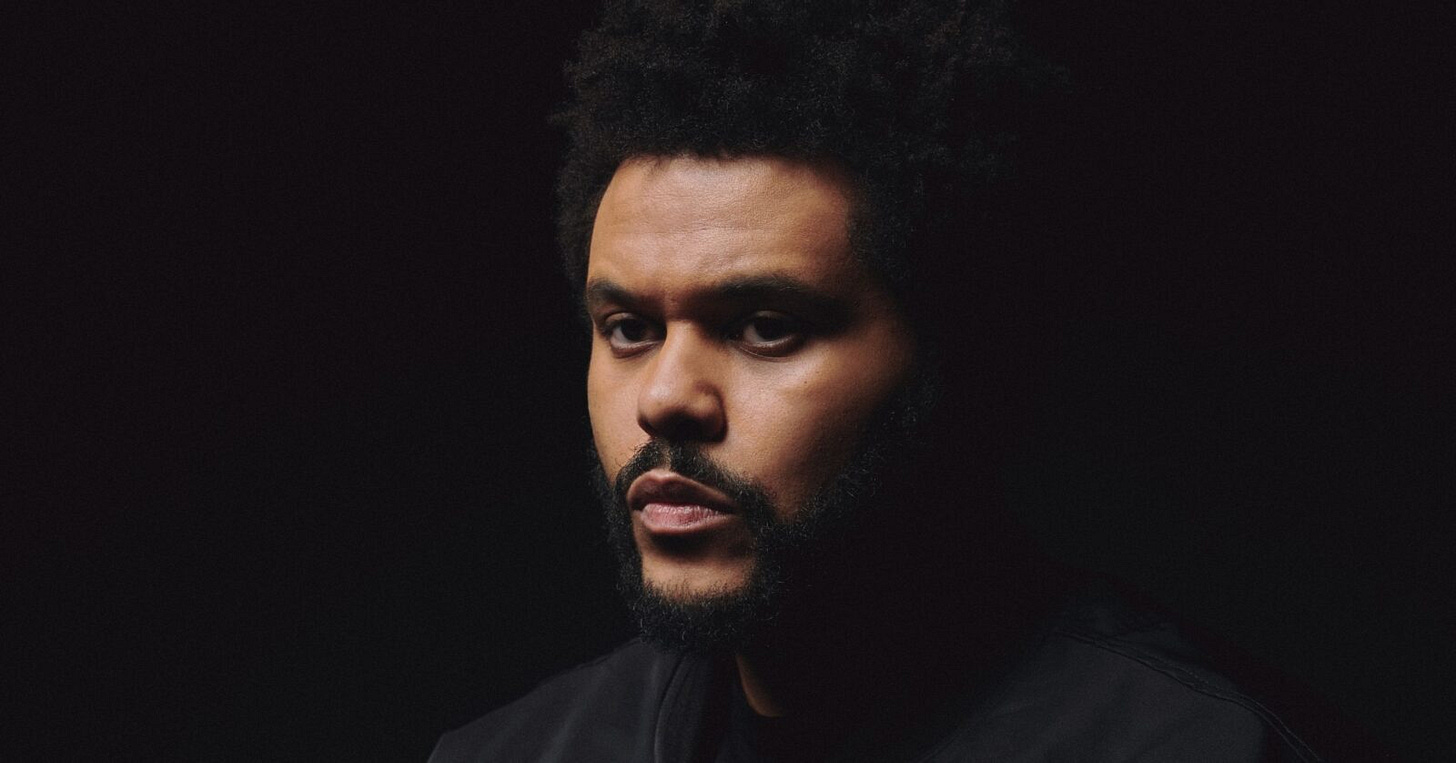The Weeknd - ‘Hurry Up Tomorrow’ review: a journey to seek awakening
An incredible end to his journey
Is this the final era of The Weeknd? Probably, but not yet officially. While the king of the streaming-era spoke several times about his desire to “kill his alter ego”, he hasn’t yet announced the final end. However, listening to his new album ‘Hurry Up Tomorrow’ might be enough to give us the answer.
The Weeknd’s sixth studio album is definitely the end of a new trilogy, which began with ‘After Hours’ in 2020, and continued in 2022 with ‘Dawn FM’. This so-called trilogy focused on the singer’s struggles and the habits which dragged him down over the years, but also on the relatable desire to let go of past mistakes and memories in order to seek a new awakening. And this awakening is not easy to find, as his past struggles still accompany him throughout ‘Hurry Up Tomorrow’.
But what changed is the sound. Anyone expecting an album consisting of songs like 'Blinding Lights' or 'Sacrifice' will be disappointed, although Tesfaye still leans into his beloved 80’s sound on a few tracks. Throughout the majority of the project, he delves into multiple genres—balancing familiar sounds with bold, experimental beats. His final album delivers it all.
Starting with ‘Wake Me Up’, which samples Giorgio Moroder’s ‘Main Title’ from the Scarface Soundtrack. Lyrically the song dives into the search for authenticity, with lines like ‘Are you real or are you an illusion? / Cause I fear my love’s your delusion’. After that, The Weeknd quickly changes sound, as both ‘Cry For Me’ and ‘Sao Paulo’ are what can only be described as Funk-Trap Bangers.
The following sections of the album dive more into introspective ballads and Soul-inspired Trap-songs, including ‘Baptized in Fear’ and the Future-collab ‘Enjoy The Show’. The only exception is the Max Martin produced 80’s banger ‘Open Hearts’, which is destined to be a hit.
Towards the end of the 84-minute runtime, we experience a variety of sounds, from cinematic and orchestral masterpieces like ‘Big Sleep’ featuring Giorgio Moroder, or the transcendental ‘The Abyss’ featuring Lana del Rey. Hiding deeper meanings, songs like ‘Red Terror’ might be some of his best-written and deepest songs of his career. Other features include Justice, Playboi Carti, Anitta, Travis Scott and Future. The album ends with the title track, which is a soft-ballad with heavenly aura, creating an emotional yet exciting end to the album.
The Weeknd is showing off both the toxic, stardom seeking personality of his alter ego, as well as his personal side, wishing for awakening and seeking a closer relationship with his mother. The album presents a fitting end to The Weeknd persona, while also slowly introducing us to the man called Abel Tesfaye. Experimenting with Brazilian funk, Synth-Pop and Soul, he showcases his unique talent and vision. The album’s production, sound, and storytelling come together seamlessly, creating an impressive and cinematic experience.
If this is Tesfaye’s final farewell to The Weeknd, then it’s a fitting one. He leaves behind the personal regrets and traumas that have haunted him for years. In ‘Baptized in Fear’, he sings about experiencing paralysis in the bathtub, a moment where he nearly drowned. It’s that deeply personal and vulnerable side which makes the album his lyrically best. He shows he is not afraid to face his deepest fears, including the traumatizing moment he lost his voice at SoFi Stadium in 2023, and the consequential booing by the fans. The singer left the stage after apologizing with tears in his eyes.
In an interview he later would recall this moment, saying he realized for the first time that his voice, the tool which got him all his success, is nothing endless. He described how this realization affected him, and how it eventually led to his desire to end The Weeknd. At other moments on the album, such as ‘Red Terror’, Tesfaye sings from his mother’s perspective—recounting her family’s flight from the Ethiopian ‘Red Terror’, a tragedy that cost thousands of lives.
The second-last track, ‘Without a Warning,’ reveals his alter ego, The Weeknd, coming to the painful realization that he can’t live without the crowd screaming his name and feeling his pain. This is a very introspective way to see things, separating his alter ego from his personal emotions, showing how The Weeknd isn’t Abel Tesfaye—and that their desires are not the same. It all blends together in a very intimate piece of art, which also gives us the chance to get to know the man behind the stage name.
‘Hurry Up Tomorrow’ might not be as consistent as 2020’s ‘After Hours’, but the sheer variety of sounds and the impressive production, including mesmerizing transitions between the songs, makes it the best album of the year so far. And while he stays vague in interviews, Tesfaye lets the music speak, and answers our question from the beginning:
This is the end of The Weeknd, but the beginning of Abel Tesfaye.




